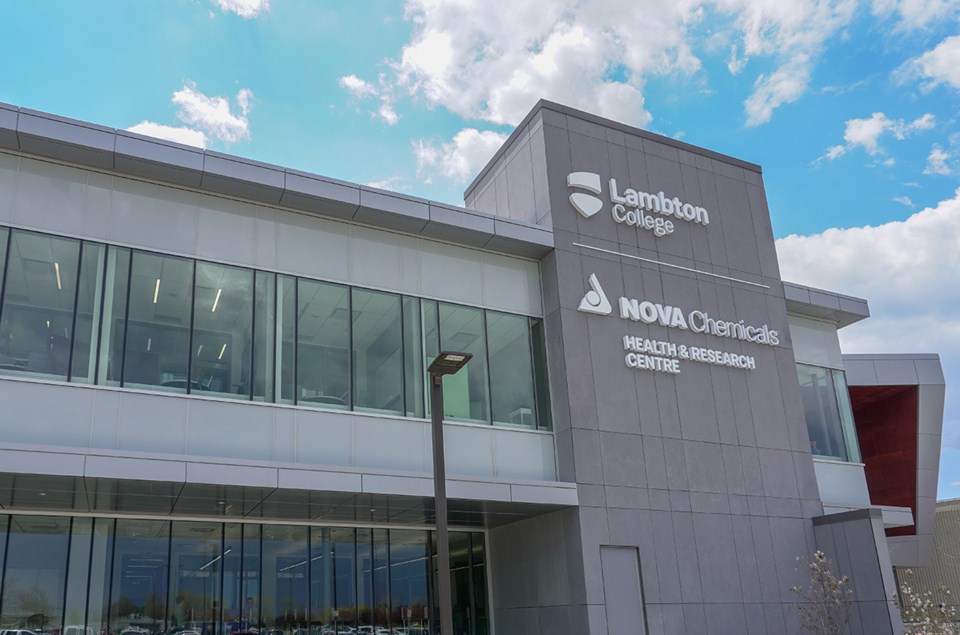A new research project from Lambton College is looking to address gender-based violence by aiming to engage with men as allies in the fight against intimate partner violence.
This initiative, titled Strong Allies, Stronger Communities, collaborates with the college’s Centre for Community, Health, and Social Impact, The Centre, and the Bluewater Association for Safety, Environment, and Sustainability (BASES).
The project emerged in response to Lambton County’s declaration of intimate partner violence as an epidemic, and researchers at the college sought out the opportunity to turn a bleak ruling into an opportunity to foster allyship.
The initiative recognizes the importance of varied perspectives and seeks to create non-judgmental spaces for men to contribute meaningfully to the conversation. “The goal is to empower male-identified individuals as advocates for safety and equity,” said Meghan Reale, Civics Lab Manager at Lambton College. “This isn’t about targeting ‘all men,’ but about inviting those willing to make a difference to actively participate in creating safer communities.”
According to Reale, the project’s focus on Lambton’s blue-collar community represents a deliberate effort to bring discussions about gender-based violence into spaces where they may not traditionally occur. The initiative hopes to shift cultural norms and foster collaboration between groups by breaking down barriers and promoting inclusivity.
Partnerships with The Centre and BASES have been critical in expanding the project’s reach. These organizations connect the initiative with industries and workplaces, making gender-based violence prevention a priority within workplace health and safety frameworks. By offering to manage such initiatives on behalf of employers, Strong Allies, Stronger Communities is attempting to reduce the burden on organizations while introducing long-term strategies for sustainable, local change.
“This partnership-based model has not only enhanced our visibility but has also laid the groundwork for integrating GBV (gender-based violence) prevention into broader workplace safety and equity strategies.”
Looking forward, Reale notes that the success of the project will be measured by a range of outcomes, including increased male engagement in prevention efforts, improved help-seeking behaviours, and a significant shift in how the community discusses gender equity. The researchers hope to see men challenging harmful behaviours, promoting inclusivity, and modelling healthy masculinity– without fear of judgment.
“Our hope is to see a lasting cultural change where gender-based violence is not just addressed but actively prevented,” said Reale. “Ultimately, success will be reflected in a safer, more equitable community where men and women work together to end gender-based violence.”
